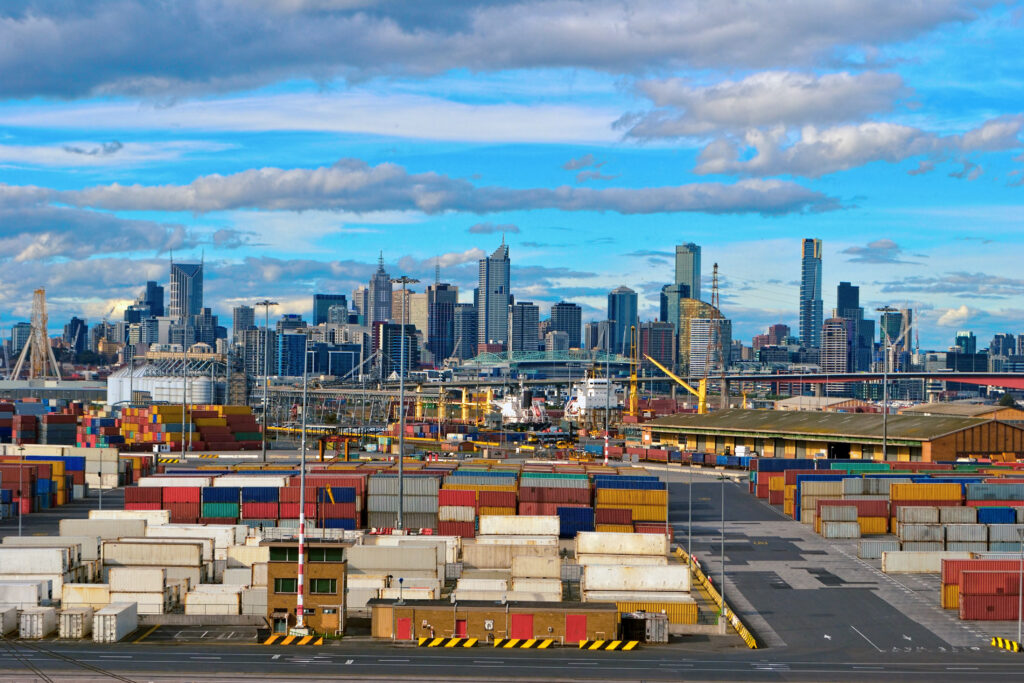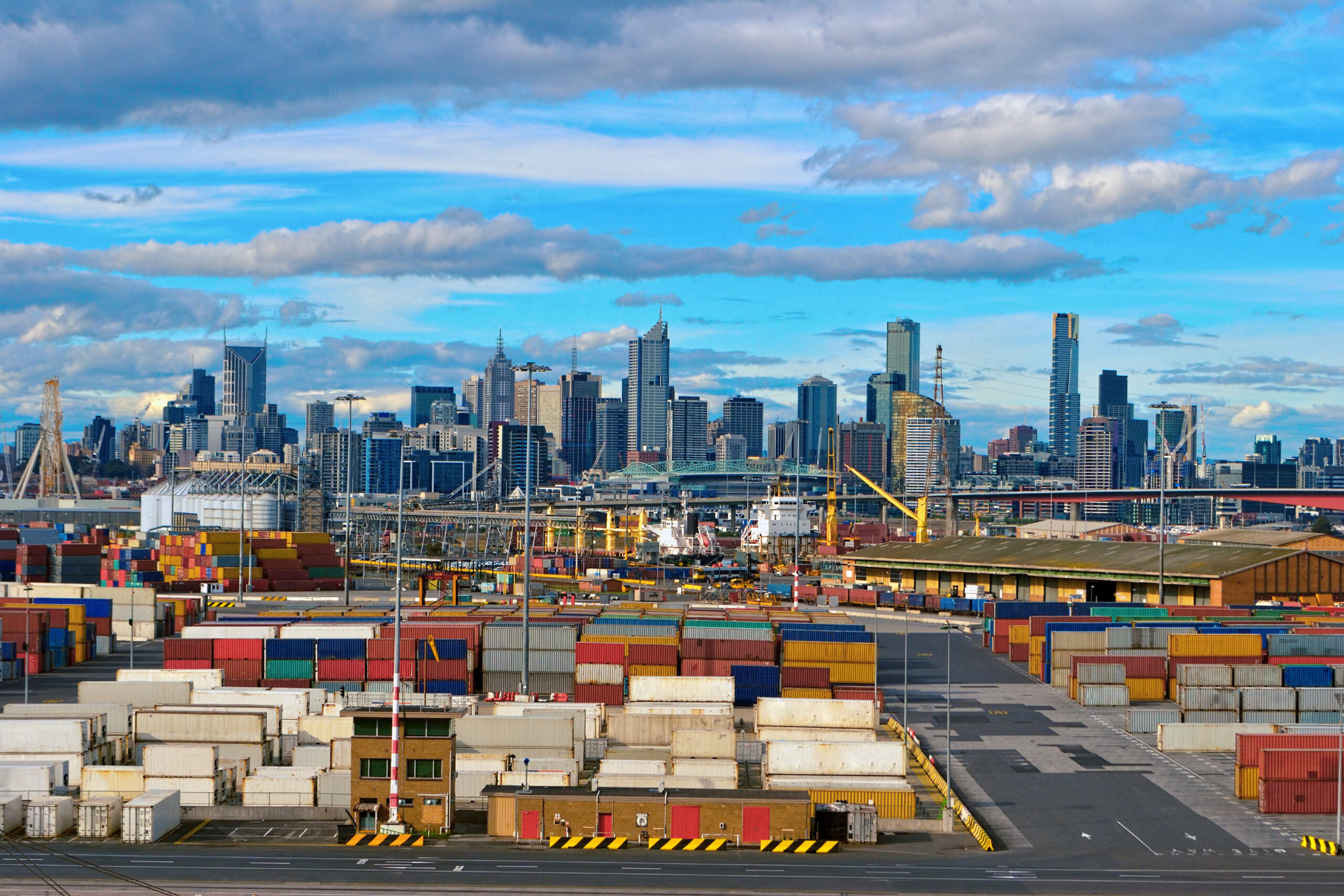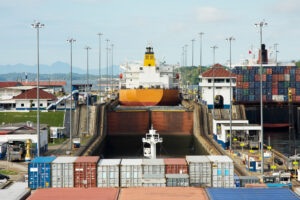
The Australian government on Sunday described as “serious and ongoing” a cyber incident that has affected operations at a number of ports around the country.
DP World manages almost 40% of the goods flowing in and out of the country, and this incident is affecting the ports of Melbourne, Fremantle, Botany and Brisbane, in accordance with the minister for Home Affairs, Clare O’Neil.
“DP World’s IT system remains disconnected from the internet, significantly impacting their operations in Brisbane, Sydney, Melbourne and Fremantle,” national cyber security coordinator said in a X post, former twitter. “Our priority remains assisting DP World to restore their systems, which will allow cargo operations to recommence.”
“The cyber incident at DP World is serious and ongoing,” noted the minister for Home Affairs, Clare O’Neil.
DP World Australia announced Monday that operations resumed at the company´s ports across Australia, following successful tests of key systems overnight.
The company expects that about 5,000 containers will move out of the four Australian terminals today.
However, the company notes, that the ongoing investigation and response to protect networks and systems may cause some necessary, temporary disruptions to their services in the coming days. This is part of an investigation process and resuming normal logistical operations at this scale.
DP World Australia said in the statement that “the resumption of port operations does not mean that this incident has concluded,” and that its investigation and ongoing remediation work “could likely to continue for some time.”
In a statement the Australian government said that is continuing to work with DP World Australia to support the management of any further consequences, including any ongoing disruption to Australia’s supply chains.
“Our telecommunication networks are the backbone of life and business in Australia. Reliable telcos are vital to Australia’s national security.
“Together, government and industry can build strong defences around our telecommunication networks so that we can become a world-leading cyber secure nation by 2030,” added Clare O’Neil.



